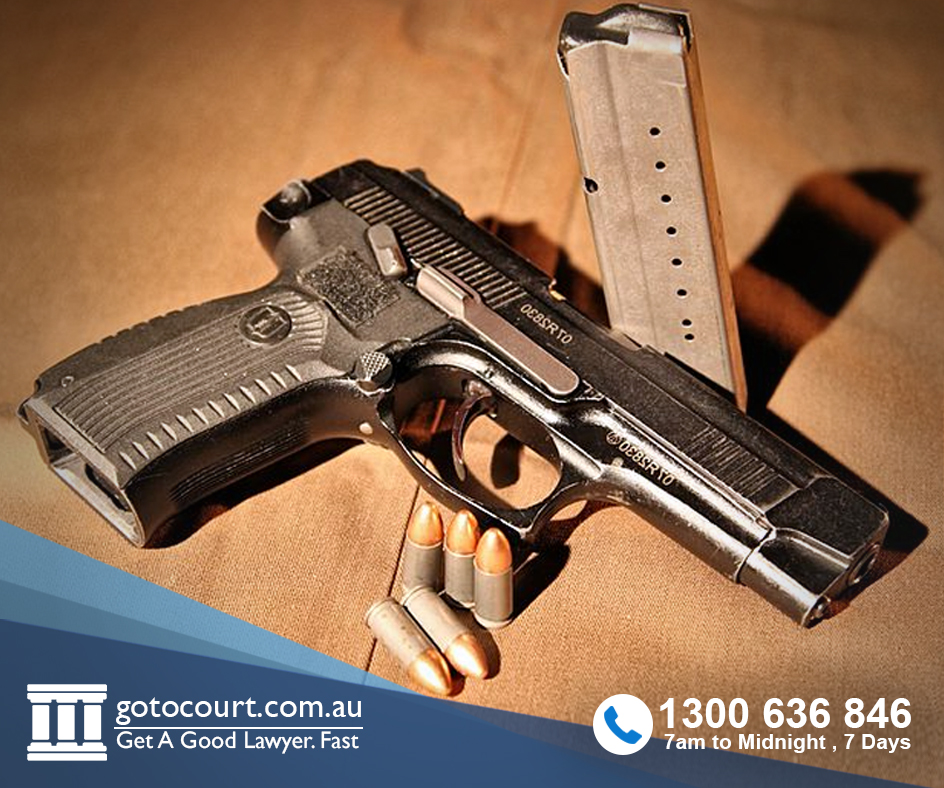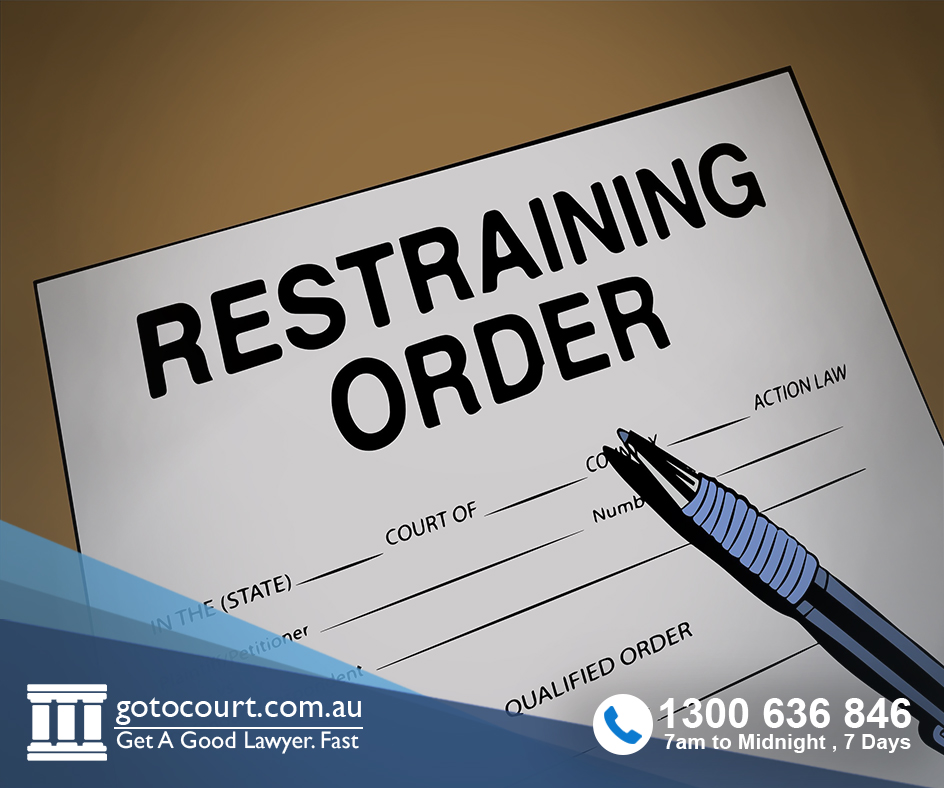The Age of Criminal Responsibility (NT)
The age of criminal responsibility is the age at which a person can be arrested, summonsed, charged with and found guilty of criminal offences. This page deals with the age of criminal liability in the NT.
History of the age of criminal liability in the NT
On 1 August 2023, the NT became the first Australian jurisdiction to raise the age of criminal liability from the previous minimum age of 10, to 12. However, on 17 October 2024, the NT parliament voted to change the age of criminal liability back to 10. This means that the age of criminal liability in the NT is now once again 10 years of age.
Why the changes?
The age of criminal responsibility was raised from 10 to 12 in the NT in response to widespread pressure for the age to be raised across all of Australia. The ‘raise the age’ campaign gained momentum in 2016, when media attention became focussed on human rights abuses in the Don Dale Detention Centre and concern grew about the large number of young children in detention. However, the Liberal-National government has now reversed the change in response to public pressure to be tough on juvenile offenders.
When the NT raised the age of criminal liability from 10 to 12 in 2023, all convictions against young people for offences committed when they were under 12 were expunged. This provision has not been repealed. This means that convictions that were expunged during the 14 months that the age of criminal liability in the NT was 12 remain expunged.
What is the age of criminal liability?
Under section 38 of the Criminal Code Act 1983, the age of criminal liability in the NT is 10.
When a child under 10 does an act, it is not regarded as an offence even if the act would amount to an offence if committed by an older person. This is because children under 10 are considered too young to be held criminally responsible for their actions.
If a child under 10 commits a violent act, steals or does some other act that would be an offence if done by an older person, this will be dealt with by parents or teachers. The child may also be provided with counselling to teach them appropriate behaviour.
Defence of ‘immature age’
Although a child who is between 10 and 14 can be charged and convicted of an offence in the NT, there is still a presumption that a child under 14 is not criminally responsible for an act. This presumption is contained in section 38A of the Criminal Code Act and is known as the doli incapax (incapable of evil) rule.
Under this rule, a child under 14 is not criminally responsible for an act, unless the court is satisfied that at the time of doing the act, they had the capacity to know they should not do the act. The prosecution bears the burden of proving that the accused child knew the difference between right and wrong and knew that they ought not to do the act.
The doli incapax rule is based on the idea that many children under 14 are insufficiently mature to be held responsible for their acts at law. Although they may know that an act is ‘naughty’, they are not yet capable of understanding that it is seriously wrong and amounts to an offence.
If a child under 14 is charged with an offence, but the prosecution is unable to convince the court that the child had this capacity, the court will find the child not guilty on the basis of ‘immature age.’
If a child over 10 is found to have committed an act and to have had the capacity to understand that they ought not to have done it, they will be found guilty of the offence and sentenced in the Youth Justice Court.
How are juvenile offenders dealt with?
Offenders under 18 in the NT are dealt with by the Youth Justice Court. The Youth Justice Court has the power to impose a range of sentences including fines, community work orders and terms of youth detention. When sentencing a young person, courts must deliver sentences that focus on rehabilitation as a higher priority than other sentencing principles like deterrence and just punishment.
If you need legal advice or representation, please contact Go To Court Lawyers.









